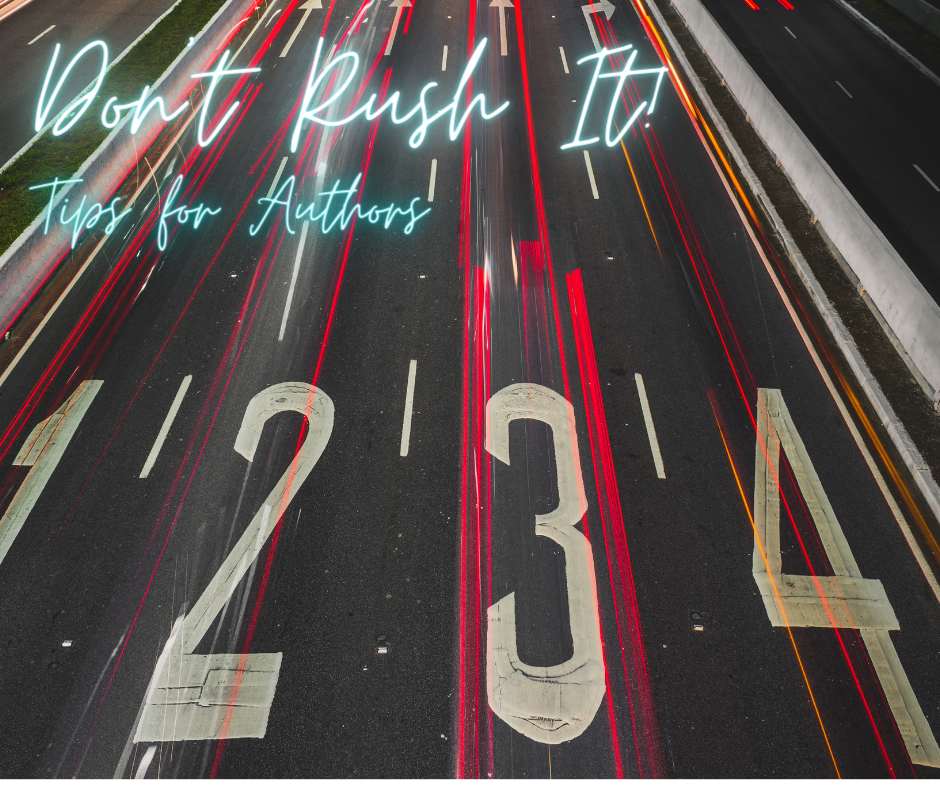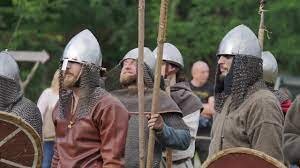I often mentor folks who are interested in starting or furthering their careers. One of the frustrations I hear a lot is that it takes too long to get where I want to be or I seem to be spinning my wheels. My advice is often that you need to make sure that you’re putting in the time and effort to gain the experience, knowledge, and connections to move yourself on the path where you want to be.
Grit, grind, and even hustle have popped up in my consciousness and readings a lot lately. And it’s been a good reminder to me to review my goals (life and writing) and my daily routine Am I doing the things that will get me where I want to be?
Recently, I finished Trevor Moawad’s It Takes What It Takes. He is a mental conditioning expert who I heard speak at a Risk presentation at Virginia Commonwealth University. He’s worked with some stellar athletes (including hometown favorite, Russell Wilson) and elite military units. Check out his book. It puts things in perspective. You have to change your way of thinking, you need to adapt, and hard work/discipline are the keys to success.
These truths apply to your writing journey, too. There are very few Cinderella stories where an author pens a book and tops all the charts. If you talk to successful authors, they will tell you that years of hard work led them to where they are today.
Author Brad Parks gave a wonderful closing address at Sleuthfest 2021. He encouraged writers to have a routine, write daily, exercise, eat right, and focus on your end goal. Sitting at your desk for six hours watching cat videos is not writing. He also talked about professional athletes and their routines. He provided numbers of how many athletes are at the top of their professional game, and the numbers are relatively small. He compared that with top tier writers. Writing is a tough industry with a lot of disappointments. Writers need to work on their craft and to write.
One of his tips for avoiding distraction was to type “XXX” in his manuscript when he needed to research something. Then when he was at a stopping point, he would search/find the spots and do all the research at one time. (He called it doing his “exes.”) During this crazy pandemic time, I find myself getting distracted easily, and this tip is on my list to try with my new work in progress.
Literary agent, Jill Marr, and editor, Terri Bischoff, did a workshop recently where they critiqued query letters. Both stressed the importance of writers doing their homework. Query letters and manuscripts need to the be the best they can be. Don’t get excited and start querying too early. You often get only one chance. When you think you’re done, edit/revise it again. The editor or agent should not be the first one to read your manuscript. Also follow the conventions and the standards for content, formatting, and style. Do your homework. Make sure the agent/publisher is a good fit for your manuscript.
Back to my earlier question. Am I doing the things that will get me where I want to be? Decide where you want to go with your writing career. You need to be the professional. Invest the time, energy, and money to hone your skills. Put in the hours (weeks, months, years) it takes to write and revise, read books in your genre, network, and build your platform. Decide what works with your life and responsibilities and focus on your writing life.

























